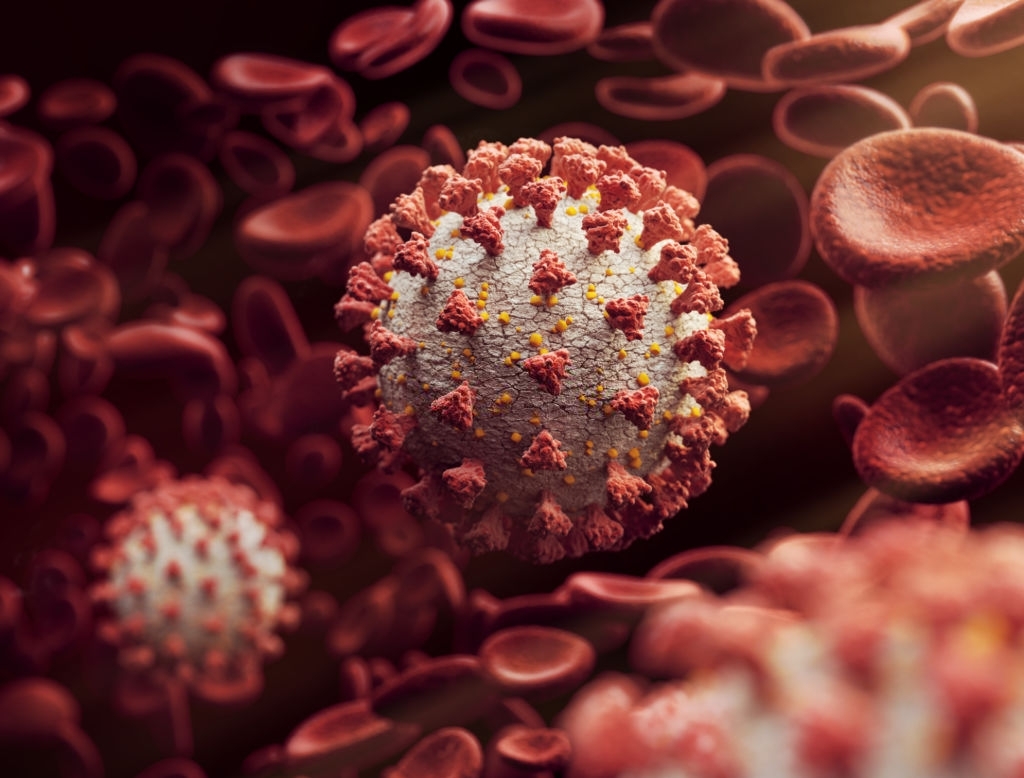There have been over a million deaths due to a new coronavirus epidemic spreading around the world. As the number of persons infected with the virus has risen, more knowledge regarding the virus’s short- and long-term effects has emerged.
Women are not in the high-risk group for COVID-19 contraction and complications unless they are pregnant. Once they’ve caught the virus, the coronavirus infection poses a health risk to them as well.
Speculations On The Link Between Menstrual Changes After COVID-19
Since the menstrual cycle is so important to women’s health, when COVID-19 female patients were asked if the virus had altered their periods, the answer was a resounding yes.

There is no surprise that the spread of this virus has changed a lot of things. It affects one’s psychological as well as physiological status. Menstruation is a tough phase in a woman’s life, and when the infection has affected the functions of internal organs, it may prove a tough time for her. The research was recently conducted by an expert that has thrown light on this fact.
The experts believe that though mood swings and other symptoms are always there during this phase, the link between these two states makes it more troublesome for one to bear the health issues.
This answer led to further questions being raised, and the only way to answer these questions was by conducting the required research and then studying the results.
Some women claim that after receiving the COVID-19 vaccine, their periods have changed. Dr. Victoria Male, a reproductive expert at Imperial College London, writes in today’s BMJ that a relationship between COVID-19 immunization and menstrual alterations is probable and should be studied.
The possibility of menstrual changes cannot be ignored because there have been many cases of these instances and when there are solid proof women experiencing menstrual changes.
COVID-19 immunization does not appear to cause changes in periods of sudden vaginal bleeding, she says. By the end of September, the UK Medicines and Healthcare Products Regulatory Agency (MHRA) had received more than 30,000 reports of adverse medication reactions. There was also some news spreading around claiming COVID – 19 affects fertility as well.
It was seen that the majority of people’s periods recover to normal the next cycle, and there is no indication that COVID-19 immunization has a detrimental effect on fertility.
Because the number of reports is minimal compared to both the number of persons vaccinated and the incidence of menstrual problems in general, the MHRA claims that their monitoring data does not establish a relationship between changes in menstrual cycles and COVID-19 vaccinations. However, according to Male, the method of data collection makes it impossible to draw strong conclusions.
She adds that menstruation abnormalities have been reported following COVID-19 immunization for both mRNA and adenovirus-vectored vaccines, suggesting that if there is a link. Indeed, the body’s immunological response to the virus may interrupt the menstrual cycle, according to one research, which found menstrual disruption in around a fifth of women infected with SARS-CoV2.
If a relationship between vaccination and menstrual changes is found, she says, it will be possible for people who want to be vaccinated to plan for any changes in their cycles in the interim; she recommends that physicians encourage their patients to notify the MHRA of any irregular periods or unexpected vaginal bleeding following immunization.
And women who report a change in their periods that lasts for many cycles or new vaginal bleeding after menopause should be treated in accordance with the standard clinical recommendations for these disorders.
One significant takeaway from this study is that the impact of medicinal treatments on menstruation should not be overlooked when planning future studies.